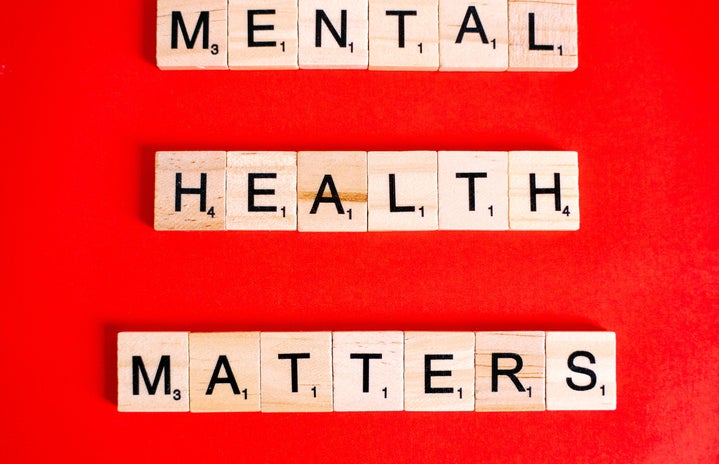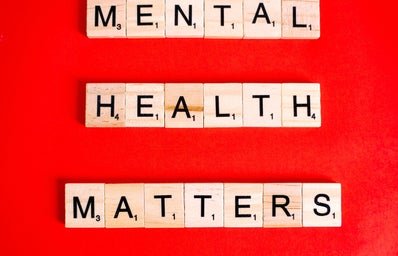World Mental Health Day falls on October 10, 2023, this year. First commemorated on October 10, 1992, thousands continue to come together to this day to recognize the importance of mental health awareness all around the world and advocate to make mental health-related care a universal right for all.
Understanding the Demographics Behind Mental Health in our Youth
To understand the importance of this day, let’s dive deeper into some relevant background information regarding the demographics of those suffering from a mental health illness. According to health officials, one in eight people worldwide have been diagnosed with or are living with a mental illness; furthermore, one in five American adults lives with or experiences a mental illness in their lifetime. Even further, about 30.6 percent of people with mental illness are young adults.
Health officials link this to factors outside of our control. Genetics, environment, stress and even how our brains are structured can be possible causes behind this spike in mental health decline. In a society that promotes hard work, money, and success, Americans forgo taking care of themselves and push themselves beyond their limits.
The Good News
With all that has been said, there is still some light at the end of the tunnel. With the awareness of mental health within Gen Z becoming more widespread, it is extremely important that as a community and especially as women, that mental health continues to be advocated for. In the years following the 1990’s, organizations such as the World Federation of Mental Health have created opportunities for individuals worldwide to be able to have conversations to provide mental health services for those who may not have the same access to treatment. And we, as a community can also contribute to the effort of helping those with mental health conditions. Let’s dive a little deeper on how you can help.
Some Tips to Keep in Mind
1. Take initiative
If you have a friend or family member that may be struggling with mental illness, it is important to be aware of the situation at hand. Reach out to them, if you can. Listen to them. It may be difficult to find the right words, being there for them will still mean a lot. As Robin S. Sharma once said, “Talk is cheap. Actions speak.”
2. Educate yourself on mental health
Sources like the World Health Organization, Centers for Disease Control, and the American Psychological Association are credible resources for research. Much of the mental health stigma tends to stem from ignorance, therefore having an open-minded approach towards a peer who may be struggling with a mental health condition.
3. Practice gratitude
One of the main reasons gratitude works is that studies have shown that people who show gratitude reduce depression and anxiety within themselves. As a result, they cultivate a higher level of satisfaction in their daily lives and interpersonal relationships.
Out of the many ways you can act as a support system to those struggling with their mental health, these are some I recommend practicing. Just remember, no one is really alone within the struggle of mental illness and as a community we can contribute to that effort.
What are your thoughts on how to advocate for mental health? Let us know @HerCampusSJSU.


